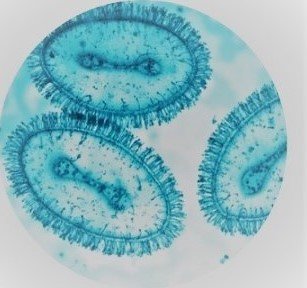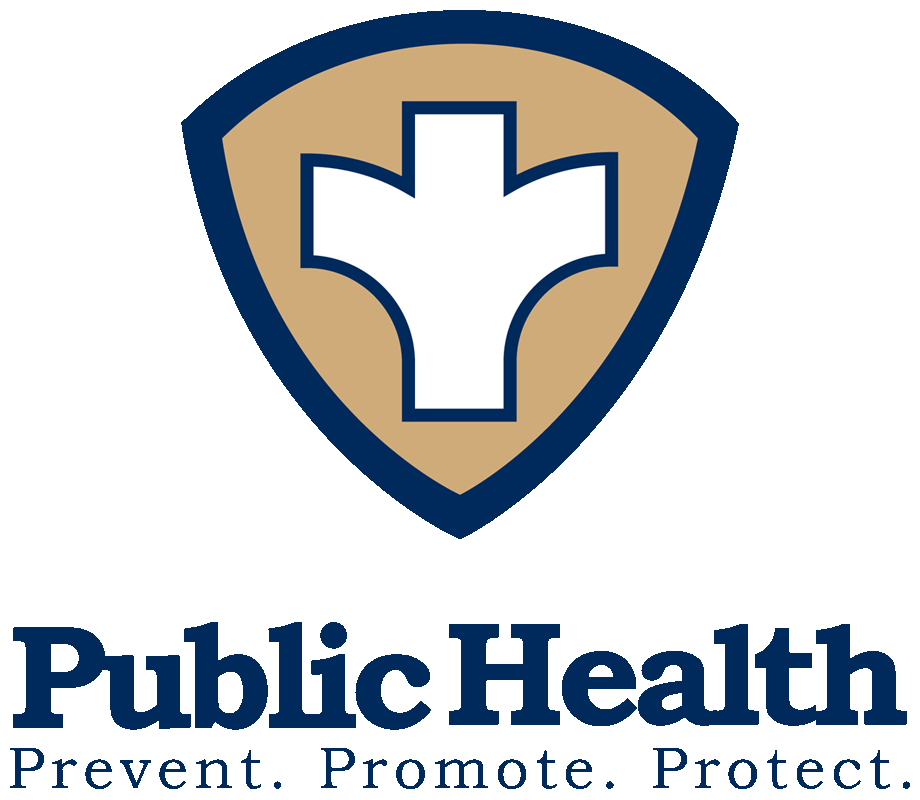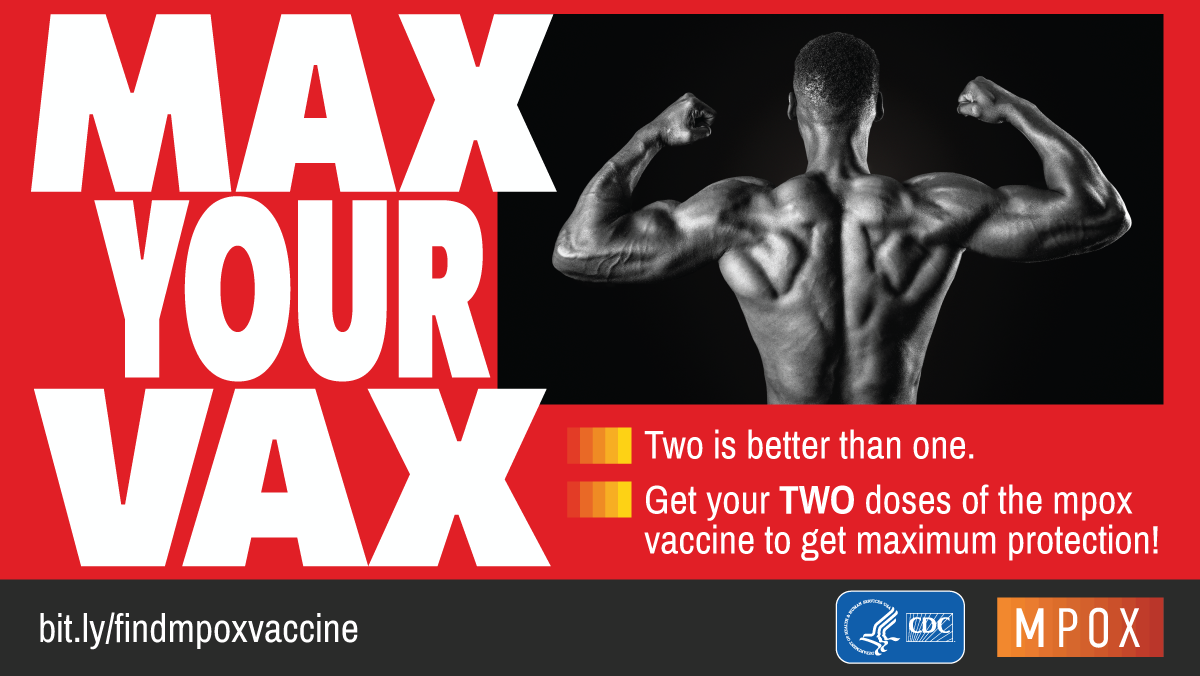
Mpox
NCPHD has the JYNNEOS vaccine available. Call us at 541-506-2660 to make an appointment. We may be able to get you in the same day.
Mpox is a rare disease caused by infection with mpox virus (hMPXV). Mpox (previously called monkeypox) virus is part of the same family of viruses as variola virus, the virus that causes smallpox. Mpox symptoms are similar to smallpox symptoms, but milder, and mpox is rarely fatal. Mpox is not related to chickenpox.
Mpox is not like COVID-19, and it does not spread easily. It mostly spreads through close, intimate, often skin-to-skin contact with someone who has mpox. The most common ways it spreads are:
Direct contact with mpox rash, scabs or body fluids from a person with mpox.
Touching objects, fabrics (clothing, bedding or towels), and surfaces that have been used by someone with mpox.
Contact with respiratory secretions.
This direct contact can happen during intimate contact, including:
Sexual contact with a person with mpox.
Hugging, massage, and kissing.
Prolonged face-to-face contact.
Touching fabrics and objects during sex that were used by a person with monkey pox and that have not been disinfected, such as bedding, towels, fetish gear, and sex toys.
A pregnant person can spread the virus to their fetus through the placenta.
A person with mpox can spread it to others from the time symptoms start until the rash has fully healed and a fresh layer of skin has formed. The illness typically lasts 2-4 weeks.
Mpox is most commonly identified by its rash. The rash may be located on or near the genitals or anus, but could also be on other areas like the hands, feet, chest, face or mouth. The rash can look like pimples or blisters and may or may not be painful or itchy. The rash will go through several stages, including scabs, before healing.
In addition to the rash, many people also have other symptoms like:
Fever
Headache
Muscle aches and backache
Swollen lymph nodes
Chills
Exhaustion
Respiratory symptoms (like sore throat, congestion, or cough)
Mpox symptoms usually start within 3 weeks of exposure to the virus. It may start with flu-like symptoms, followed by a rash 1-4 days later.
If you have a new or unexplained rash, avoid close contact with anyone until you have been checked by a healthcare provider. If you don’t have a provider or health insurance, call us at 541-506-2600.
Most people will heal on their own after 2-4 weeks. The CDC has instructions on how to take care of yourself while you heal. There are no treatments specifically for mpox virus infection. However, people who are very likely to get severely ill should talk to their doctors about treatment with tecovirimat (TPOXX). There is also a study to find out if TPOXX can help all people with mpox. If you want to participate in that study, you can learn more about it here.
There is a vaccine that can help you protect yourself from mpox if you are exposed. It is called JYNNEOS. JYNNEOS is recommended for people who are:
gay, bisexual, or other same-gender loving person who have sex with men or who are transgender, gender non-binary, or gender-diverse, and
who in the last 6 months have had or expect to have one or more sexually transmitted infections; a weakened immune system because of another illness, like HIV; sexual or intimate contact with a person who is at risk of mpox; anonymous sexual or intimate contact; or more than one sexual partner.
Call us at 541-506-2600 to make an appointment for the JYNNEOS vaccine. We can usually get you in that day.
For more information visit the Oregon Health Authority’s mpox webpage or the CDC’s mpox webpage.




